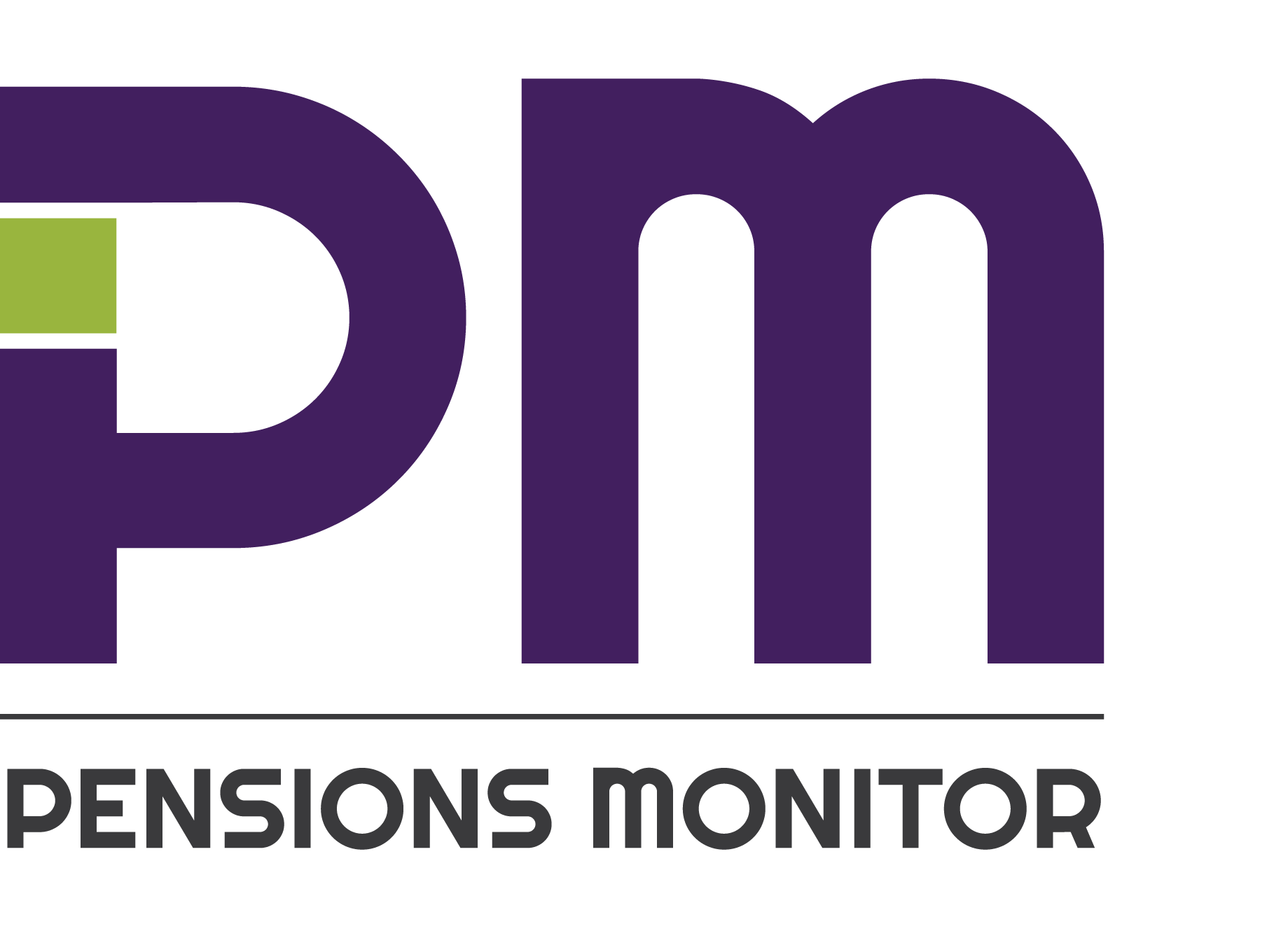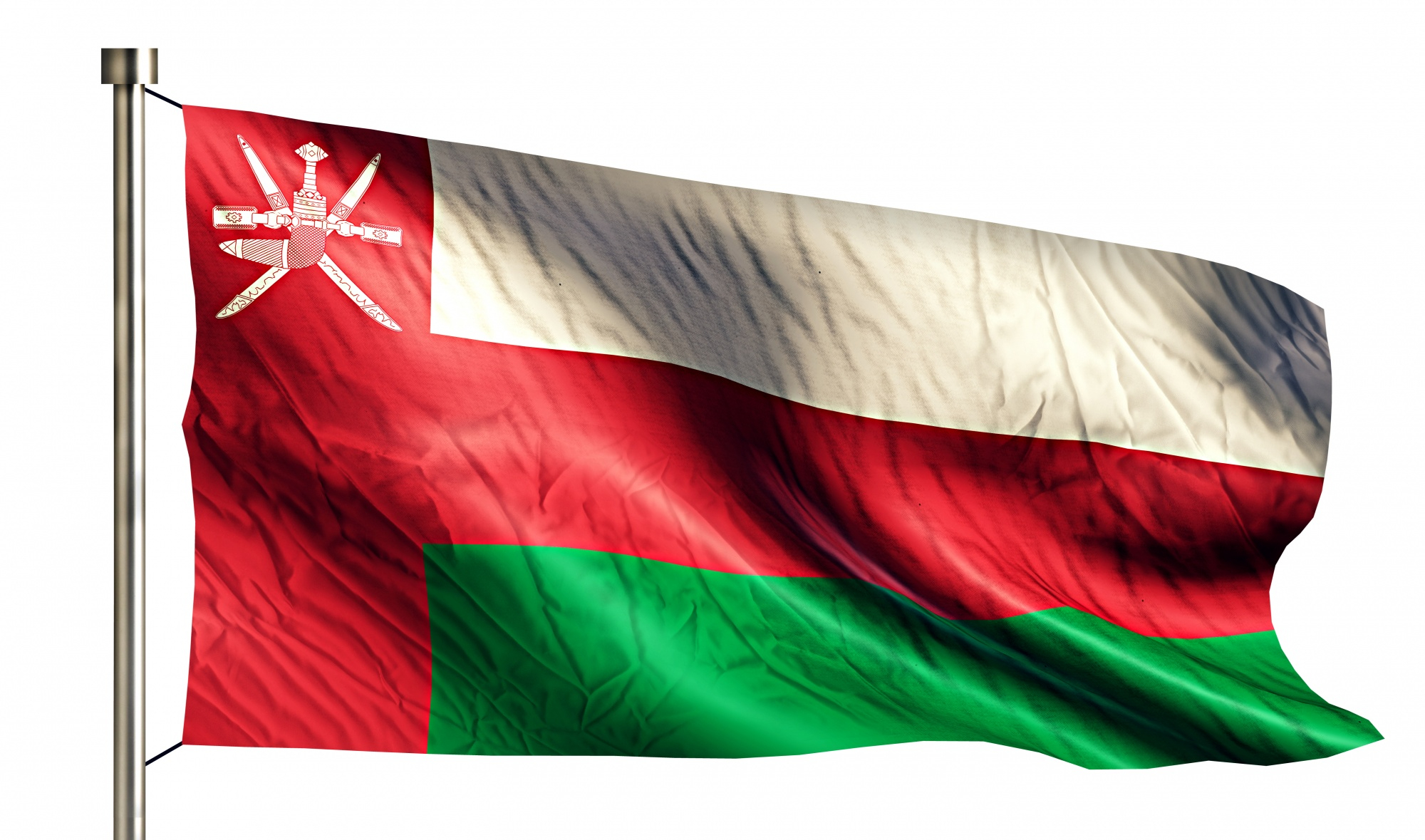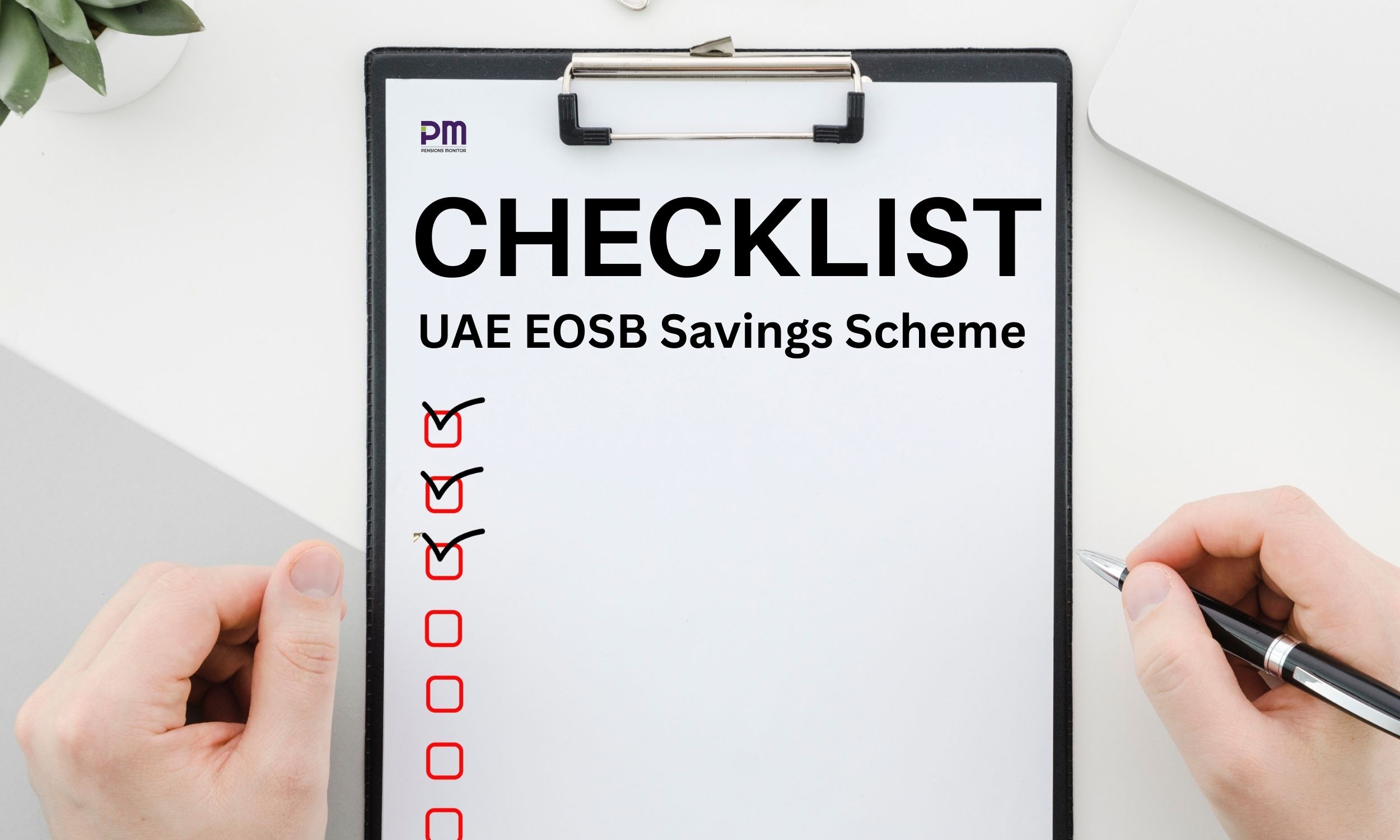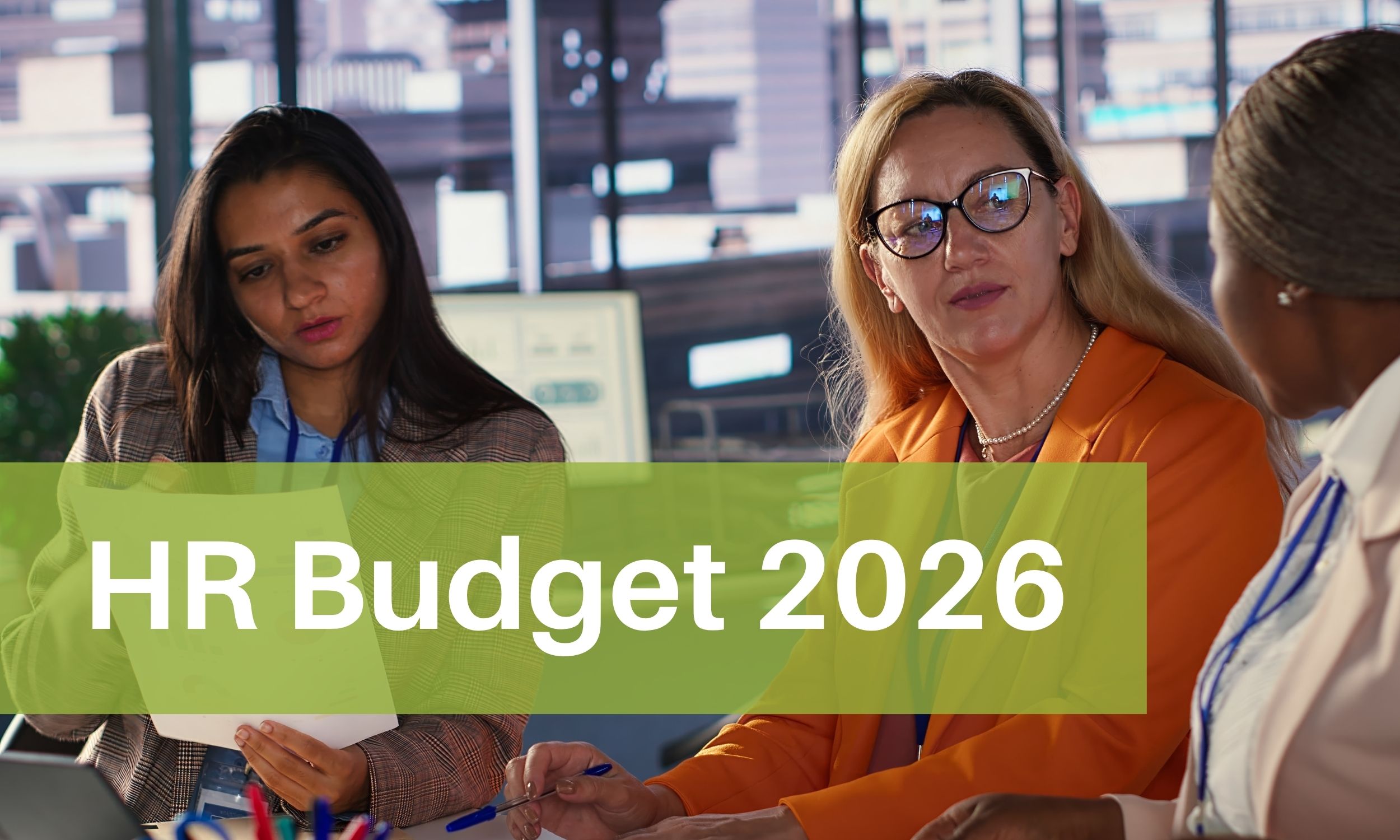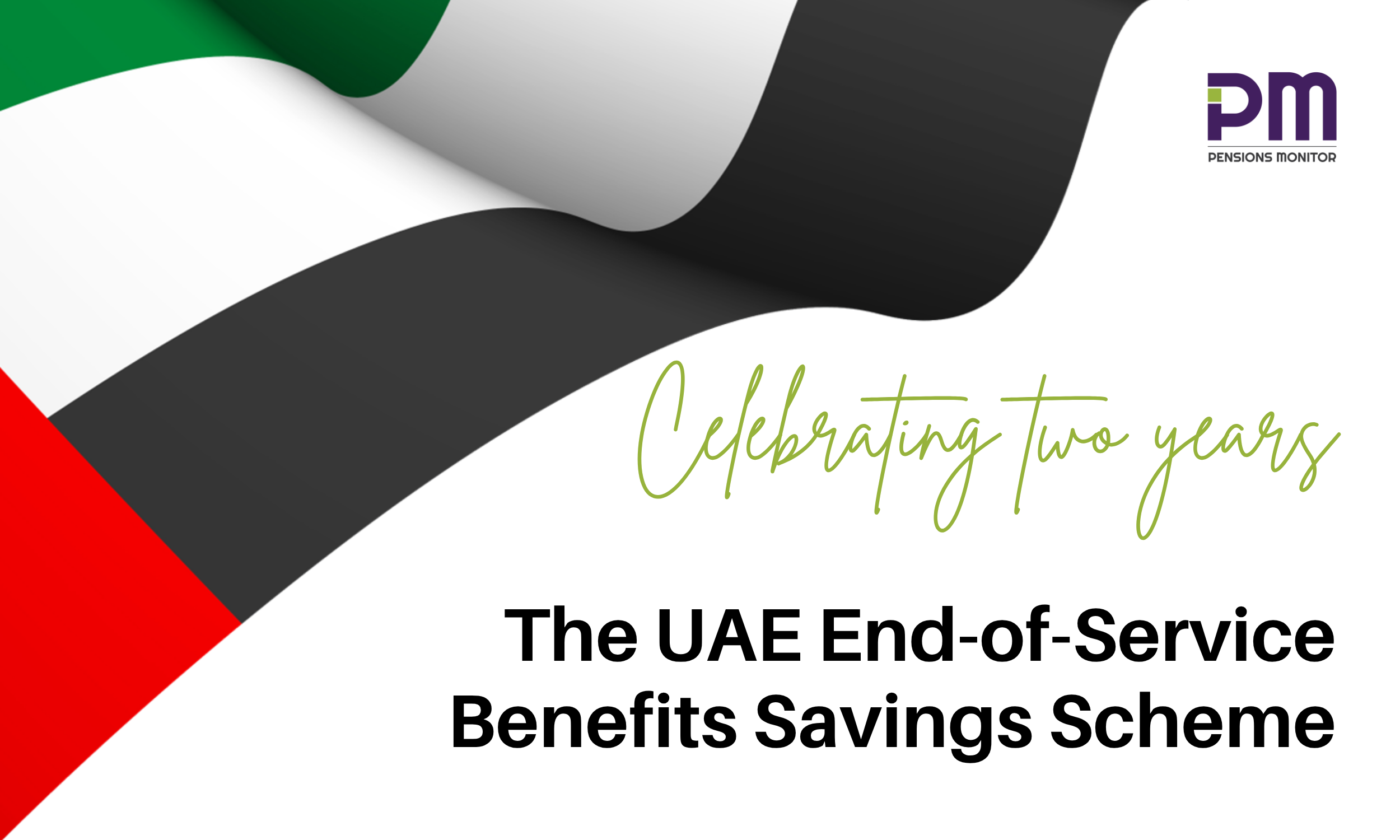
If you are a parent with a child in a Dubai-based school, you may have received a letter this week about a new survey being conducted by the Knowledge and Human Development Authority (KHDA), the government authority responsible for regulating and overseeing the quality of private education in Dubai.
The survey invites all Year 8 – Year 13 students to share their views on financial literacy. Its aim is to understand how money management is taught in schools, how financial behaviours are developed, and how students can be better supported in learning essential life skills such as saving, budgeting, and spending wisely from an early age.
Why is KHDA focusing on financial literacy in schools?
Because financial literacy is one of the most important life skills, yet it’s often least taught.
We all remember our school years. We learned algebra, chemical reactions, Shakespearean sonnets, castles and world wars. But how many of us learned how to budget our first salary? Or really understood how compound interest quietly builds wealth (or debt) over time? Most of us figured these things out the hard way.
This KHDA survey suggests that the UAE is now taking this gap seriously. And it’s not the first time. Dubai’s private schools have previously participated in the OECD’s Programme for International Student Assessment (PISA) financial literacy test, where 15-year-old students were assessed on their ability to apply money concepts to real-life situations. Dubai’s students actually performed above the OECD average, showing that the UAE’s young people already have a strong foundation compared to their global peers.
The new survey goes a step further, aiming to understand how financial literacy is taught in schools on a daily basis. The feedback from the survey will, reportedly, help shape future education policies.
But what does this have to do with EOSB?
If you’re a parent, you will know how difficult it can be to teach money habits at home. Pocket money debates, saving for gadgets, knowing when to spend or wait – these small decisions in the teenage years set the tone for how confident young adults will be in managing money later on. And schools play a big role in reinforcing (or neglecting) these lessons.
Fast forward ten years, and today’s Year 9 student will be tomorrow’s employee, earning a salary to cover daily expenses while also saving for his or her retirement. This Year 9 student will also be enrolled in an End-of-Service Benefits (EOSB) savings plan by then (if working in the UAE) or a pension plan elsewhere. These are real investment platforms where employees can allocate contributions, choose funds, and even make additional voluntary contributions. Without financial literacy, many employees may treat EOSB/pension as just another HR checkbox rather than an opportunity to grow their wealth.
A parallel in policymaking
Interestingly, what KHDA is doing at school-level mirrors the ongoing developments in the UAE labour market. Just as KHDA is working to integrate financial literacy into education, the Ministry of Human Resources and Emiratisation (MOHRE) introduced the new EOSB Savings Scheme in 2023 to help employees secure and grow their EOSB savings.
In both cases, there’s a common goal. Both policymakers are trying to give individuals – whether students or employees – the knowledge and tools they need to make smarter financial decisions and build a secure financial future in the UAE.
Our thoughts
The KHDA survey is a great start to integrate financial literacy into education at an early age. This will, no doubt, help students develop the money skills they’ll need for life. With this push from the regulator, today’s students will graduate with a stronger understanding of saving, budgeting, and money management.
But what about today’s workforce, who didn’t have the same foundation in school?
We at Pensions Monitor, believe employers, and especially HR departments, must step in to close this gap. One way is by offering training that clearly highlights the importance of saving early and shows how the EOSB Savings Scheme can help with retirement planning. The sooner employees build good habits around saving, investing, and planning, the better their financial outcomes will be. And we believe HR Departments have a crucial role to play here that goes beyond EOSB administration and compliance.
In many ways, HR can take inspiration from what KHDA is doing in schools: making financial literacy practical, accessible, and part of everyday learning. Perhaps there are some lessons to be learned here. Some HRs we know, have already taken the initiative to host financial wellbeing sessions for their employees, with Pensions Monitor supporting these efforts.
Pensions Monitor is the UAE’s only platform focused solely on EOSB savings. We regularly share insights so employers, employees, and the industry can stay informed.
Sign up for our free newsletter so you never miss on EOSB update in the UAE.
